How to Help a Friend in a Toxic Relationship
Have you ever noticed red flags in a friend’s relationship? Do you know how to help a friend whose partner or friend is making them feel unhappy, afraid, or unsafe?
Use this guide to:
- Understand relationship red flags that may signal a toxic relationship
- Learn support strategies for helping a friend in an unhealthy relationship
- Get ideas for how to start the conversation when you’re worried about a friend’s relationship
- Explore resources and hotlines that can help people in toxic relationships
No relationship is perfect, and everyone has bad days and minor disagreements—but healthy relationships include honesty, trust, open communication, and respect. If a relationship is missing one of these critical ingredients or if there is a pattern of repeated red flags, it may be toxic.
What is a toxic relationship?
A toxic relationship is one in which one person makes someone else feel bad—either intentionally or unintentionally. Even if a relationship is not physically abusive, there are many ways that people cause each other emotional harm. People in unhealthy relationships may feel sad, anxious, disrespected, or even unsafe.
How can I tell if my friend is in a toxic relationship?
The warning signs of a toxic relationship can take many forms. You may notice some of these relationship red flags, or your friend may feel like their partner or friend does these things, even if you don’t see it. See below for some relationship and/or friendship red flags, and examples of each warning sign.
- Displaying controlling behavior or limiting who their friend or partner spends time with.

- Showing signs of jealousy or distrust.

- Criticizing, making fun of, or disrespecting their friend or partner.

- Ignoring emotional needs.

- Gaslighting, meaning that they manipulate their friend or partner into doubting their own thoughts and feelings.

- Love bombing, meaning that they give their friend or partner excessive attention or affection, with the ultimate goal of controlling or influencing them.

- Making their friend or partner feel sad, anxious, guilty, or otherwise upset.

How can I help my friend?
If your friend comes to you for help, there are several ways you can support them.
Do:
- Listen to what they are saying.
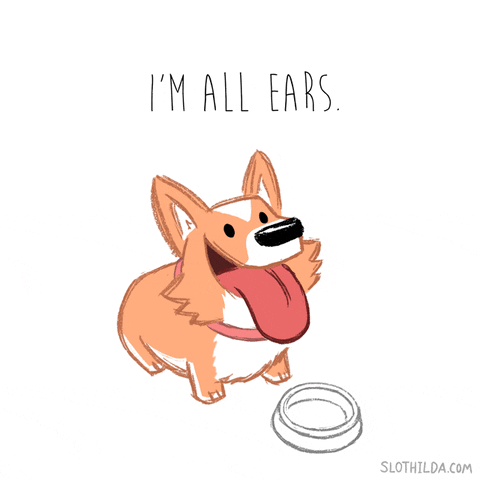
- Believe them.
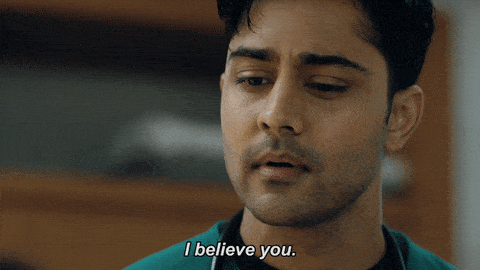
- Remind them of their good qualities and that they deserve respect.
- Assess their safety. Some situations might require support to ensure your friend's safety.
- Let your friend make their own decisions. They are in charge of the choices they make about their own relationship — including whether to stay with their partner or leave.
Don't:
- Insert your own judgments or opinions.
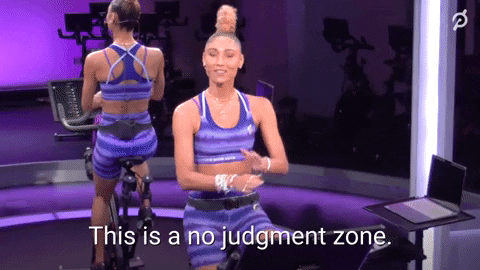
- Criticize your friend’s partner or friend who may be displaying toxic behavior.
- Get directly involved. Do not go to your friend’s partner or others with your concerns. Your friend confided in you, and it is important not to betray their trust.
Help your friend find other support by:
- Helping them find a trusted adult. Whether it’s a school counselor, parent, friend’s parent, or someone else your friend trusts, your friend may need to talk to an adult about the relationship and how it’s affecting their mental health and safety.
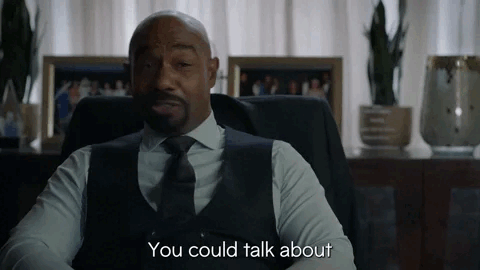
- Sharing other resources, such as national hotlines, with them. It’s great you want to help your friend, but you are not a mental health professional. Your friend may need additional support.
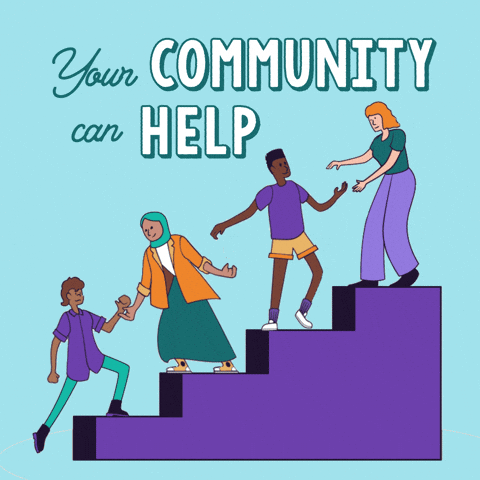
Remember to practice self-care. Supporting someone through a tough time can be difficult and emotionally draining for the support person. Set boundaries with your friend if you need a break.
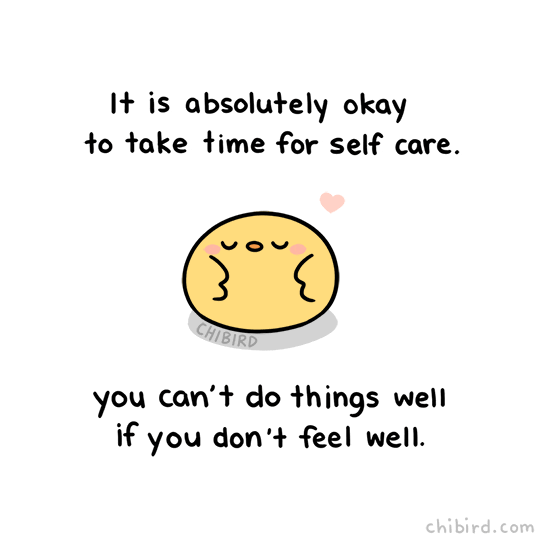
What can I say to my friend if they haven’t asked for help?
Sometimes, your friend won’t come directly to you for help, but you may still feel worried about them based on what you’ve seen or heard. It can be difficult to know how to start a serious conversation. Try asking open-ended questions.
- “How are you and (partner's name) doing?"
- “You seem a little down lately. Is there anything you want to talk about?”
- “I was worried about you the other day. You seemed upset when you missed those texts from your boyfriend. Do you want to talk about it?”
- “I noticed you seem sad when your girlfriend asks if you’re flirting with other people. Does she get upset with you like that a lot?”
If you’re not ready to ask a friend about their relationship directly, you can try validating them and reminding them of their strengths when they seem to be sad or anxious. You can also offer to spend time with your friend to help them feel better and to provide space in case they want to talk about what is bothering them.
- “I just wanted to remind you of what a great friend you are. You’re so supportive and care for others so much, but please remember to take time to care for yourself.”
- “Our friendship means a lot to me.”
- "Do you want to grab dinner and hang out this weekend?
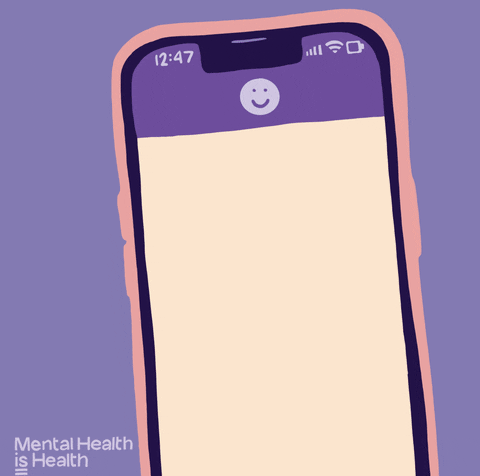
Remember:
- Unhealthy relationships exist on a spectrum and people may experience them differently. Different people may have different definitions of what a “toxic” relationship means. Displaying one unhealthy behavior does not necessarily mean a relationship is toxic. However, repeated negative actions can cause emotional damage over time. Remember, any act of physical or sexual aggression—even if it only happens one time—is abuse and should be taken seriously.
- Relationships—and the choices we make within them—are personal. Relationships can be complicated. Just because you think a friend’s relationship is toxic does not mean they will agree. You can support your friend, but always keep in mind, they make their own choices—especially decisions about whether to leave or stay with their partner.
- There are resources to help. If your friend needs more support, you can help them find it, whether that’s finding a trusted adult or calling a national hotline. If you think your friend is in a potentially unsafe situation, it's important to get them support from a trusted adult.
- It’s important that you stay safe while supporting your friend. Prioritize your own safety, especially if you are concerned your friend’s partner may become physically abusive. You can’t effectively care for someone if you don’t first take care of yourself.
Resources
- Love Is Respect: Provides resources to support healthy relationships for teens and young adults. For more information, visit loveisrespect.org. To talk to someone about your relationship, text LOVEIS to 22522.
- The National Dating Abuse Helpline: Provided by Love Is Respect, this nationwide, 24-hour hotline supports teens and young adults who may be in physically or emotionally abusive relationships. Access the hotline by calling 1-866-331-9474 or using the online chat.
- National Domestic Violence Hotline: Available 24/7, this resource provides free and confidential support to people experiencing abuse. To get help, text “START” to 88788 or use the online chat.